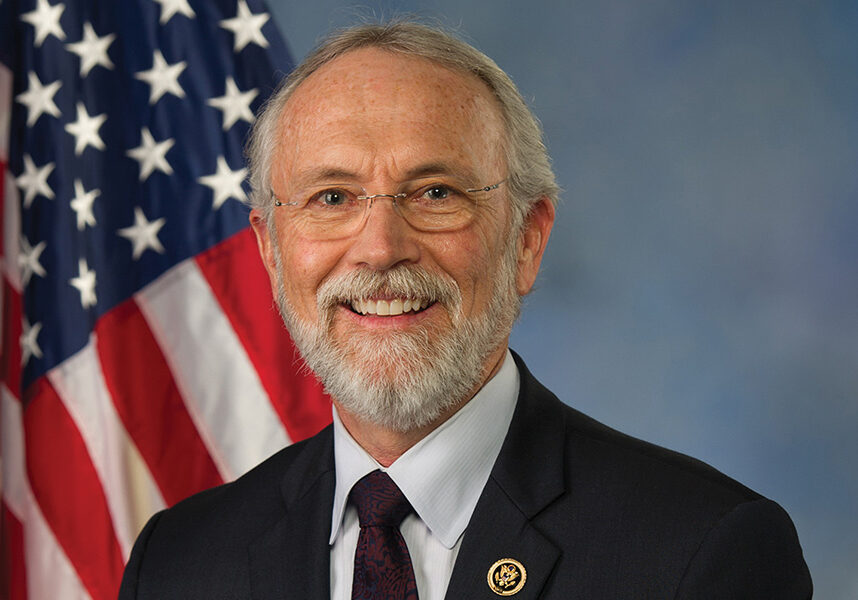
Wheat Life reached out to Rep. Dan Newhouse (R-Wash.) to see what he thought about the climate and carbon mitigation efforts in Washington, D.C.
What are some of the major red flags for you when you are considering any climate/carbon-related legislation?
The U.S. is already a global leader in emissions reduction. We should be building upon that success through continued investments in research, development and the globalization of our clean energy technologies. Any legislation that would eliminate resources from our energy mix raises red flags. Rather than using burdensome governmental regulations to restrict energy sources, we should be working with industry partners to find ways to incentivize clean, domestic production. We need to continue to pursue an all-of-the-above energy strategy and utilize all of our energy resources to ensure people can find affordable and reliable energy.
How involved do you think the federal government should be in carbon markets?
I have always maintained that we must continue with voluntary conservation practices. America’s farmers and ranchers have fed the world for generations, and to me, carbon markets can be successful as long as these programs are voluntary and remain free from government control. Farmers are active environmentalists, and as a farmer, I know a lot of these conservation practices have been, and continue to be, practiced by producers. Further, many of these practices are unique to the region they come from. Rather than having bureaucrats who have never even heard of the Yakima Valley implementing a top-down approach, conservation practices should be implemented at the local level, by the farmers, ranchers and landowners who know the land best.
The federal government should not be involved in carbon markets, and what’s more, is nowhere close to being equipped to do so. The U.S. Department of Agriculture (USDA) is already understaffed and struggling to keep up with demand at local Farm Service Agency and Natural Resources Conservation Services offices, with months of backlog in relief requests. The federal government must work to address these issues before Congress or USDA rush to create yet another program that the USDA is likely not ready to implement properly.
What are your thoughts on the Growing Climate Solutions Act that was passed by the Senate in June, but seems to be stalled in the House?
I do not support this legislation in its current form. I have and will continue to support voluntary conservation practices. The Growing Climate Solutions Act does not adequately address all of agriculture and undercuts practices by specialty crop growers.
What specific goals would you like to see successful climate-related legislation accomplish?
For climate-related legislation to be successful, it has to work with the men and women who supply the food and fiber for our nation. Earlier this year, I introduced legislation to bolster conservation practices for farmers and ranchers by increasing support and connecting our farmers and ranchers to our world-class researchers at our nation’s land-grant universities. My bill specifically would enable partnerships between farmers and ranchers to increase technical assistance on innovative conservation and climate practices. Our land-grant university system and Extension offices are full of untapped potential, and my legislation will help bridge the divide between research and practice, paving the way for successful, long-term partnerships and improved conservation across the country.












